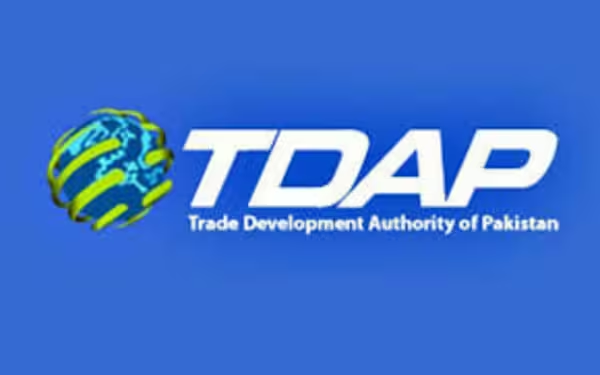Saturday, November 16, 2024 04:31 PM
Senate Committee Demands Inquiry into TDAP Board Exclusion of Lawmakers
- Senate committee moves privilege motion against TDAP exclusion.
- Lawmakers' absence undermines parliamentary authority and legality.
- Inquiry highlights need for transparency in government bodies.
 Image Credits: dawn.com
Image Credits: dawn.comSenate committee orders inquiry into exclusion of lawmakers from TDAP board, emphasizing the need for transparency and accountability.
In a significant development, the Senate Standing Committee on Commerce has taken a firm stance regarding the exclusion of lawmakers from the Board of the Trade Development Authority of Pakistan (TDAP). This issue has been brewing since 2021, raising concerns about the transparency and accountability of the commerce ministry. The committee, led by Senator Anusha Rahman, has unanimously moved a privilege motion against the officials responsible for this exclusion, highlighting the importance of parliamentary representation in crucial governmental bodies.
The TDAP plays a vital role in promoting trade and development in Pakistan. It is essential for lawmakers to be involved in its decision-making processes to ensure that the interests of the public are represented. The absence of parliamentary members from the TDAP board not only undermines the authority of the Parliament but also raises questions about the legality of the actions taken by the board during this period. The committee's motion emphasizes that excluding lawmakers is akin to disregarding the law itself.
During the committee meeting, Senator Anusha Rahman expressed her concerns about the lack of communication and collaboration between the commerce ministry and Parliament. She pointed out that the exclusion of lawmakers from the TDAP board is a serious violation of democratic principles. The committee's decision to move forward with a privilege motion is a clear indication that such actions will not be tolerated.
This situation serves as a reminder of the importance of checks and balances within the government. Parliamentary oversight is crucial in ensuring that government bodies operate within the framework of the law and serve the interests of the citizens. The committee's actions may pave the way for greater accountability and transparency in the functioning of the TDAP.
As this inquiry unfolds, it will be interesting to see how the commerce ministry responds to the committee's concerns. The outcome could potentially reshape the relationship between lawmakers and government agencies, reinforcing the need for collaboration and mutual respect. Ultimately, the involvement of elected representatives in such boards is not just a matter of protocol; it is a fundamental aspect of a functioning democracy that prioritizes the voices of the people.













